Why You Should Keep a Food Journal
Dr. Kasia Kines, Nutritionist, CEO and founder of EBV Educational Institute
Virtual clinic serving the US and globally
[email protected]
Keeping a food journal is critical to understanding the affects food has on your body and creates a conscious awareness of food intake and eating patterns. In some cases, a food journal can help us find reasons for mystery symptoms and even diarrhea or constipation.
Writing things down helps you to create an awareness of:
- What and how much you are eating (you may be surprised to see how little or how much you actually eat and how much more often you may be eating those caloric cookies)
- When you are and are not eating (you may be surprised to see how often you skip lunch of breakfast, for example)
- How foods affect your moods and vice versa (create a column for moods and emotions so you can track them next to the foods you journal)
- How foods affect your body and which foods you eat trigger symptoms (you may start seeing patterns: e.g. every time you have popcorn, next few hours you have a headache or every time you have cheese, you have blisters on your mouth next day)
- How many servings of fruits and vegetables you are actually eating (2-4 cups of fruits and up to 6-9 cups of vegetables would be lovely, but how close or far are we all from this goal?)
- What your bowel movements are: frequency and consistency; it will be so much easier to correlate what you eat to what you “produce”!
What should you record in your food journal?
- Time: Be specific – the time you eat is as important as what you eat
- Amounts: Be specific- was it one teaspoonful of almond butter or one tablespoon? Was the bowl of soup one cup or three cups?
- Be thorough and Include beverages, vitamins/supplements, medications; this is especially important for the times when you skip these; you can track down how you do without them!
- Feelings: Energy, stress level, emotions; pay attention, as you clean up your diet and detoxify your body better, you will also experience the release of old negative emotions
- Bowel/Urine Habits: this will give you an awareness of how your body is processing your food and what needs to be done to optimize the process of absorption and elimination.
The non-food component of Food Journaling
When you journal your emotions, your fears around your health, some emotions from the past surfacing, which happens often when people clean up their diet, it is important to give voice to these emotions, write them down, hear them, acknowledge them because that is the only way they can eventually clear. We are an energetic being having a physical experience, so the spiritual, energetic, emotional and non-physical aspects of our life are all very important as they will help shape the physical capacities of our bodies.
Dr. Kasia Kines, Nutritionist, CEO and founder of EBV Educational Institute
Virtual clinic serving the US and globally
[email protected]
LEAVE A COMMENT
If you want to transform your life, if you want health and wellness, if you want peace of mind, there isn’t a better investment than working with Kasia.~ Beth


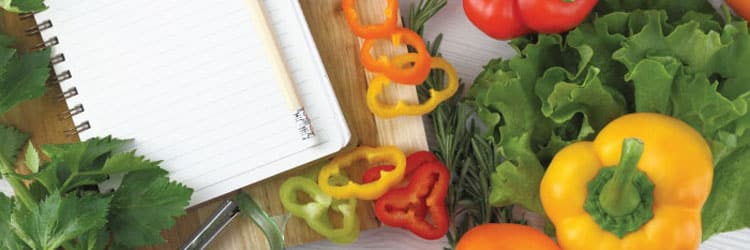



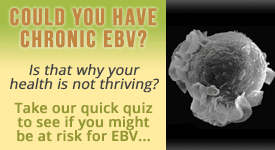

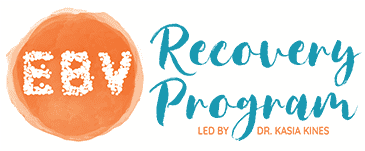
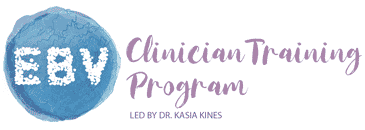





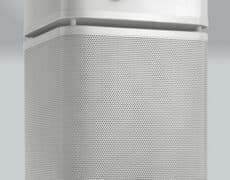
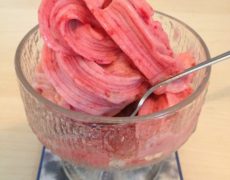




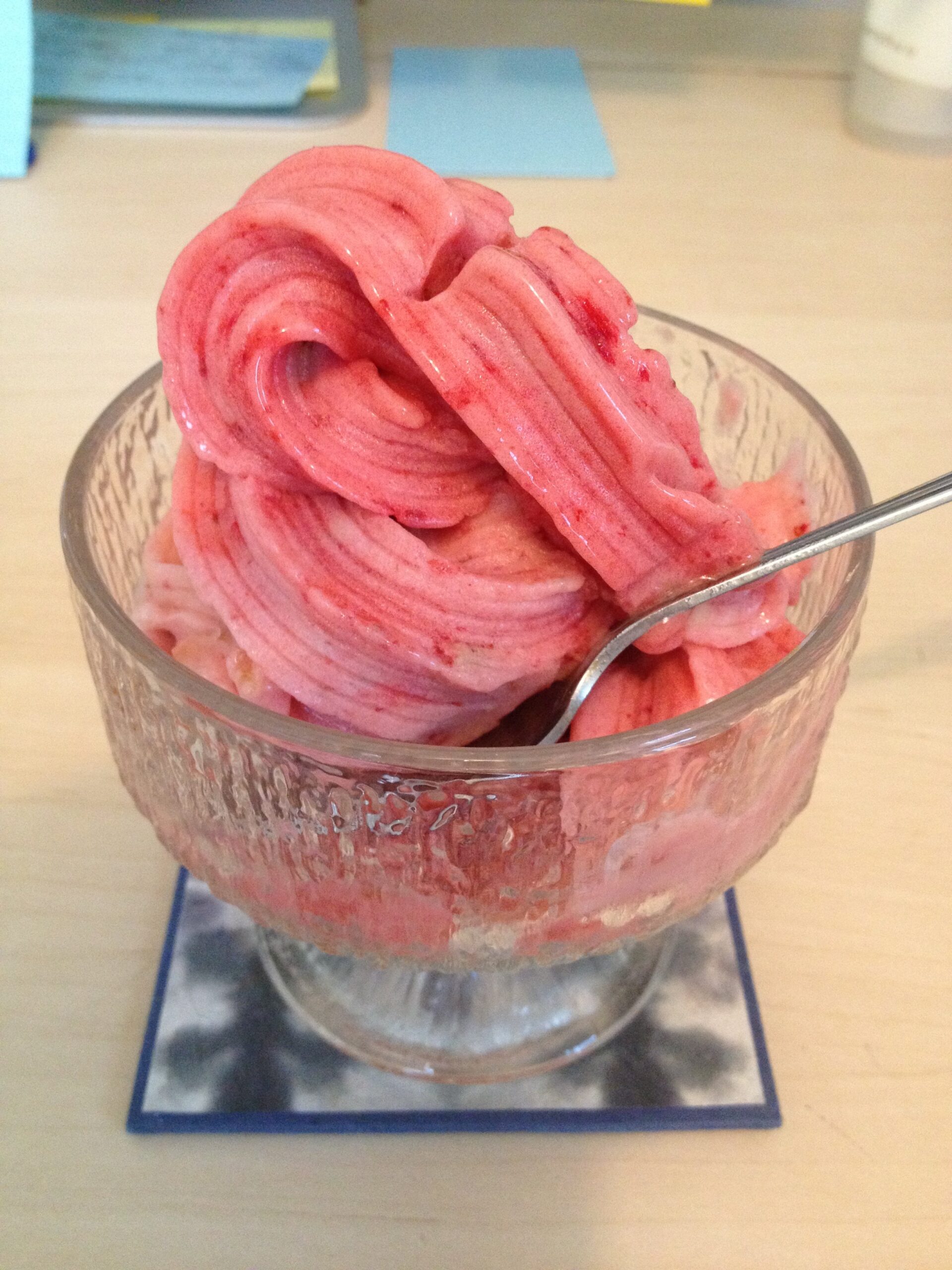

2 Comments
Posted on July 5, 2017 at 8:32 AM by Joanne Kines
I have been journaling for years and it is an amazing tool for understanding yourself in a non judgmental way.
Posted on September 7, 2017 at 7:13 PM by Kasia Kines
It does take discipline and practice- congratulation on the commitment to your well-being!